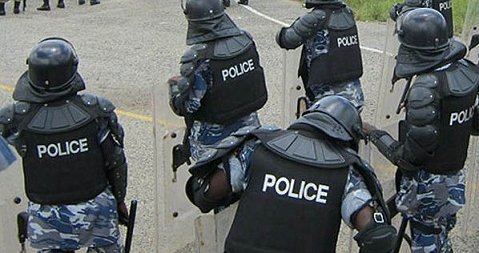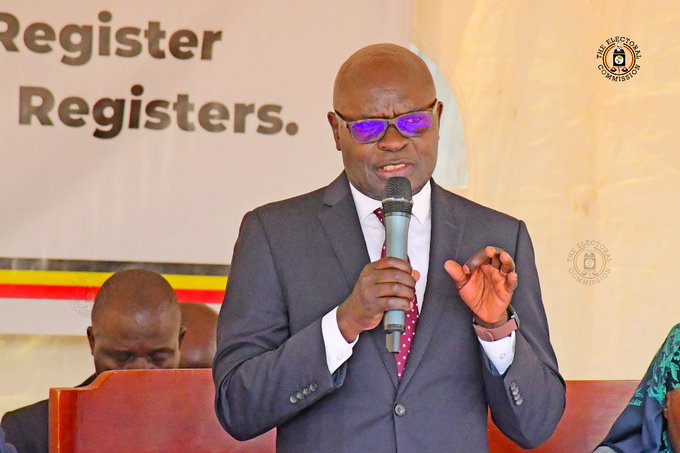NGO Forum irked by continued security agencies raids
Uganda National NGO Forum has decried the continuous raids, negative narratives, alleged human rights violations and harassment of their workers in the country by security agencies.

Uganda National NGO Forum has decried the continuous raids, negative narratives, alleged human rights violations and harassment of their workers in the country by security agencies.
The Forum said these continued raids hinder their work.
This was highlighted by Dr Moses Isooba, the executive director of Uganda National NGO Forum during a dialogue meeting between the government and the NGO sector.
The dialogue was aimed at enhancing a sustainable relationship between the two parties.
According to Isooba, the continued break-ins and raids on NGO offices have been witnessed severally being done by security agencies since 2012.
This has left the sector with many unanswered questions, he noted.
He wondered whether these break-ins and raids are always done as a result of the NGO works or if it’s an issue of ordinary crime targeting the NGO properties.
“It is evident that many organizations have been affected in times when they are handling politically sensitive issues, such as land reforms, human rights, and accountability or election-related matters.
Additionally, most of the items collected during these raids, have been computers or documents which contain information, rather than cash or property,” said Isooba.
He further noted that in almost all incidences, the Uganda Police Force has been alerted and has been successfully essential in coming out with the prevention of such acts, victims identified and property recovered. However, no conclusive reports have ever been given, despite multiple promises.
Additionally, Isooba cited the continuous harassment of NGO workers by the Resident District Commissioners (RDCs), saying that it’s very difficult to acquire recommendations from them, as some ask for letters from Interpol, something which is not a requirement.
“Reports of extortion have also been received in some cases. People identifying as ISO or CMI operatives visit NGO offices and NGO leaders. They threaten to write negative reports against them to the president. These actions do not only reduce the confidence of NGO agencies in security but also affect the works of NGOs,” he added.
Replying to the matter at hand, state minister for internal affairs, General David Muhoozi, highlighted that NGOs are supposed to operate within the regulatory framework in place.
He said some of the issues that may cause tension within the sector and security arise from failure to comply with the laws and giving accountability for what each party does.
“It’s time to talk about roles, responsibilities and expectations of both government and the NGO sector. This forum or dialogue provides exactly that opportunity. We look forward to strengthening and harmonizing the relationship between the NGO sector and security agencies for the good of our country,” he explained.
In his submission, James Tweheyo, a representative from the office of the president in charge of RDCs noted that in many cases, NGOs assume they have the right to operate within the country without coordination or sharing information with the RDCs.
He added that in some cases, religious and cultural institutions can operate in an area, without availing any information or reporting and by the time security institutions discover the damage they have done, blame is always on the government.
“Yes accusations are there, but we have not had any written communication to the secretariat from any NGO or NGO bureau writing to complain about any specific RDC for having done any damage to the leadership of an organization,” he said.
ASP Erasmus Twaruhukwa who represented the Inspector General of Police stated that the break-ins and raids made on NGO offices are like any other crimes. Some have been reported and others not. He said investigations are still being done by police.
The Ministry of Internal Affairs committed to having quarterly institutionalized dialogue meetings between the government and the NGO sector. This is required under section 6(f) of the NGO Act 2016, to coordinate and ensure that such dialogue meetings take place.







